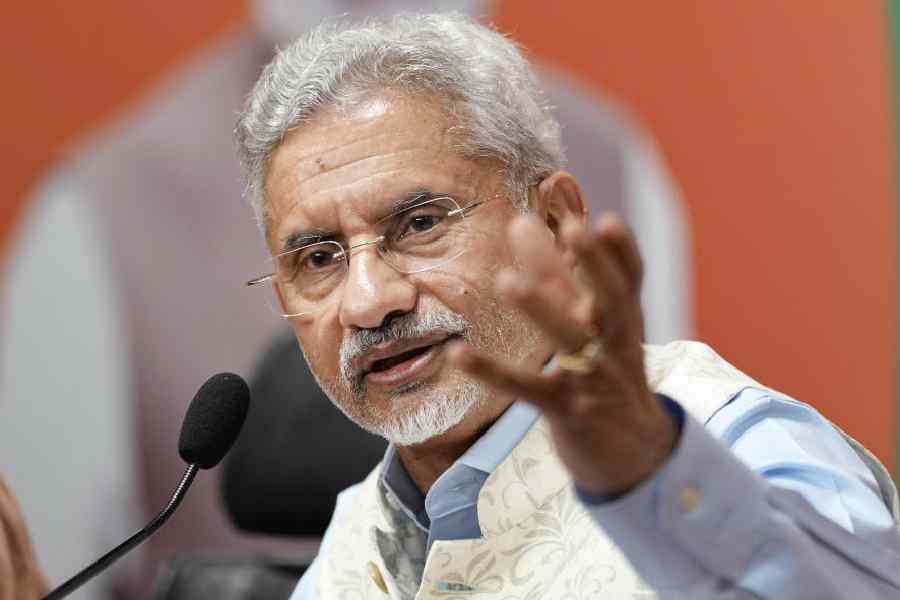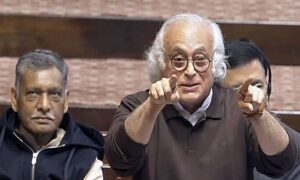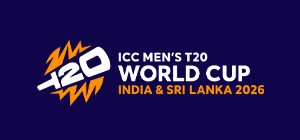
File Image
External Affairs Minister S Jaishankar has said the recent confrontation between India and Pakistan was not just a mere conflict between two neighbours, but it was about combating terrorism, which will eventually come back to haunt the West.
Jaishankar, in an interview as reported by PTI, with the European news website Euractiv , also pitched for an EU-India free trade, underlining that India — a nation of 1.4 billion — offers skilled labour and a more trustworthy economic partnership than China.
“Let me remind you of something — there was a man named Osama bin Laden. Why did he, of all people, feel safe living for years in a Pakistani military town, right next to their equivalent of West Point?” Jaishankar, who is travelling to Europe a month after India launched Operation Sindoor in response to the Pahalgam attack, told Euractiv.
He was replying to a question on the recent four-day conflict between India and Pakistan.
“I want the world to understand, this isn’t merely an India-Pakistan issue. It’s about terrorism. And that very same terrorism will eventually come back to haunt you,” he said while criticising the international media for framing Operation Sindoor as a tit-for-tat between two nuclear-armed neighbours.
Tensions between India and Pakistan escalated after the Pahalgam terror attack on April 22, which claimed 26 lives. India carried out precision strikes on terror infrastructure in Pakistan and Pakistan-occupied Kashmir on May 7.
The on-ground hostilities from the Indian and Pakistan sides that lasted for four days ended with an understanding of stopping the military actions following talks between the directors general of military operations of both sides on May 10.
When asked why India has not joined the West’s sanctions against Russia, Jaishankar said that differences cannot be resolved through war.
“We don’t believe that differences can be resolved through war, we don’t believe a solution will come from the battlefield. It’s not for us to prescribe what that solution should be. My point is, we’re not being prescriptive or judgemental, but we are also not uninvolved,” he said.


















